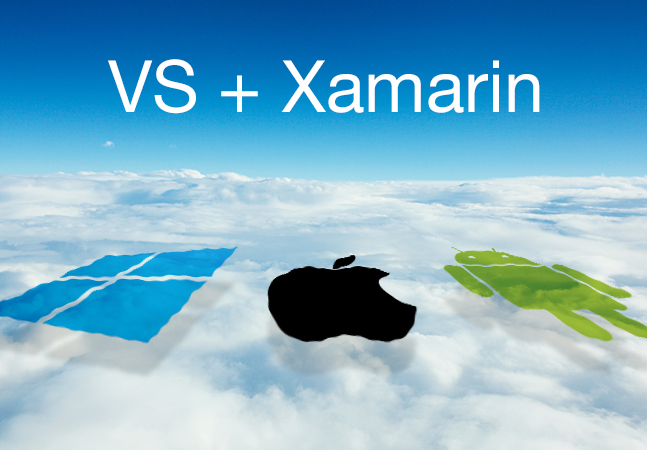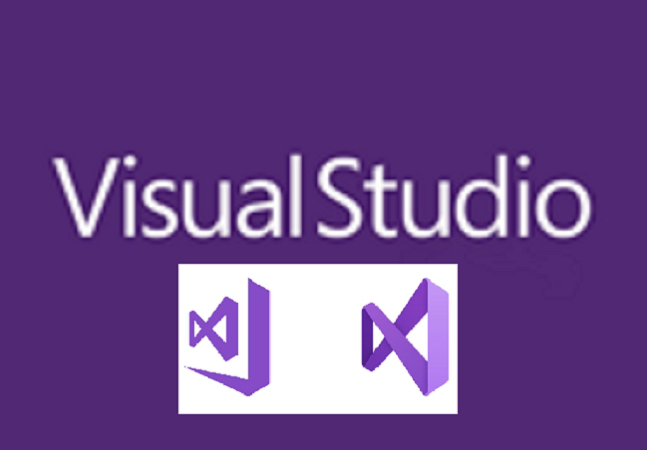
ExpandoObjects let you dynamically add members to your object at run time -- a great way to handle scenarios where you need a lot of flexibility. But how do you work with an object when you don't know the names of its properties?

Here are some of the top, free .NET Core-related extensions that target Visual Studio 2019.

Microsoft has updated its open source, cross-platform F# language for functional programming, adding new functionality and positioning it to tackle machine learning projects in the future.

Microsoft shipped Windows Template Studio 3.1, updating the low-code tool for coding Universal Windows Platform applications with support for the brand-new Visual Studio 2019 release and more.

Stack Overflow's huge annual developer survey is known for asking respondents what tools they most love, dread and want, and the new 2019 report identifies Microsoft's .NET Core as the "most loved" non-Web framework.

Microsoft just shipped its open source, cross-platform machine learning framework, ML.NET, as a Release Candidate, just one step away from general availability that could come next month.

After this week's release of Visual Studio 2019, Microsoft exec Scott Hunter detailed many of the new features coming in .NET Core 3, already available as a preview in VS 2019 so developers can try it out (with a simple tweak).

Xamarin updates in the brand-new Visual Studio 2019 GA release focus on fundamental stability and performance, Microsoft said, because the mobile tooling "should work for you, not against you."

Microsoft officially launched Visual Studio 2019 and Visual Studio 2019 for Mac today, announcing the general availability of the collaborative Live Share functionality, AI-powered IntelliCode and much more.

You can give your users the ability to store any data they want, including stuff they make up at run time, by using an ExpandoObject. In fact, when you don't know what your data is until run time (and you can live without IntelliSense), an ExpandoObject is your best solution.

With Visual Studio 2019 dropping tomorrow, the AWS Toolkit for Visual Studio has been updated to support the new offering for those Microsoft coders who prefer to work with their favorite IDE in the Amazon cloud.

Blazor, like most systems for generating Web pages, supports using layout pages for repeated content. Here's what works, what doesn't (yet) work and work-arounds I've discovered for what doesn't work.

A previous survey of the Go programming language community found that Visual Studio Code barely beat Vim as the code editor of choice, and the new edition shows the race isn't even close anymore.

A new open source VS Code extension called pyright has been created as a Microsoft "side project" to improve on current offerings for static type checking for the Python programming language.

Microsoft-centric developers working with the Amazon cloud platform now have more .NET Core choices to handle their AWS Lambda functions for serverless, event-driven programming.

The reality is that you will need to have, at least, two different configurations: one for production and one for development. Here's how to automate those conversions.

If you move beyond the basics of working with Razor Pages, there are at least two things you should know to support creating Pages that do more than one thing and integrate with existing code.

If you're moving your application's client-side code to Blazor, then you'll want Blazor to manage navigating between pages, too.

.NET Core 3.0 won't be ready for Visual Studio 2019's April 2 ship date, but a manual download and a menu configuration setting will let you use both previews together right now.

Microsoft's experimental Blazor project for C#-based .NET Web development (as an alternative to JavaScript) has reached version 0.9.0 on its possible journey to becoming generally available for production use.